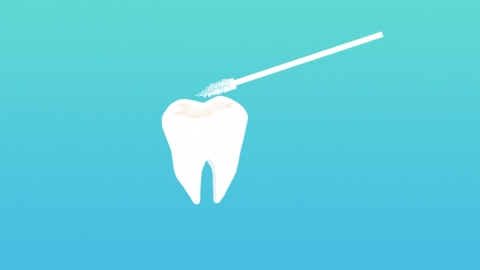Is it necessary to have fissure sealants?
Generally, pit and fissure sealing is not necessary for everyone and should be determined based on individual dental conditions. It is recommended for children and adolescents with newly erupted permanent teeth, as well as individuals with deep pits and fissures and a high risk of caries. Conversely, those whose teeth have shallow or flat fissures that are easy to clean, those who already have caries, or those who have had teeth erupted for many years without developing caries typically do not require this procedure. Detailed analysis is as follows:

In children and adolescents, the occlusal surfaces of newly erupted permanent teeth often have deep fissures where food debris and bacteria can easily accumulate. Additionally, oral hygiene abilities are relatively weak during this stage, leading to a higher risk of dental caries. Applying pit and fissure sealants can form a protective barrier that blocks caries-causing factors and reduces the risk of tooth decay. Individuals at high risk of caries can also benefit from additional protection through sealants.
If the tooth fissures are shallow and flat and thus easy to clean with regular brushing, or if caries have already developed, or if the teeth have remained caries-free for many years after eruption, pit and fissure sealing is generally unnecessary. In these cases, the risk of caries is low, or the existing conditions cannot be resolved by sealing. In such situations, fillings are required first, or no additional protection is needed due to the teeth's strong natural resistance to caries.
Daily oral hygiene practices should include brushing teeth twice a day, rinsing the mouth after meals, using dental floss to clean interdental surfaces, reducing sugar intake, and visiting the dentist for checkups every six months to a year. These measures help maintain dental health and reduce the risk of caries.




